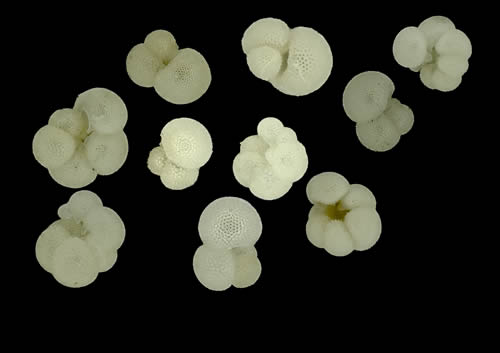Rapid Global Warming Events
We take an integrated approach to solving fundamental problems concerning how Earth’s climate has been repeatedly pushed into warming rapidly, and the mechanisms by which it has been able to subsequently re-stabilise.
Our research group comprises leading international researchers in their fields, who are actively reconstructing and determining the following across rapid climatic warming events:

- the role of the ocean in initiating climatic warming and in providing a feedback to Earth system recovery;
- changes in the cycling of carbon between and within its major reservoirs;
- ocean acidification and its impacts on marine planktonic organisms;
- the response of monsoon systems to rapid climatic warming.
We tackle major questions in these research themes primarily by using natural sedimentary archives recovered from the deep-sea and terrestrial sections. Many of the tools we use to reconstruct ancient Earth processes are novel geochemical ‘proxies’ for specific environmental parameters. Importantly, we also have expertise in precisely determining the rate and duration of Earth processes, a key prerequisite for identifying driving mechanisms and for comparison with modern rates of change.
We integrate data with model solutions to provide global reconstructions to accompany spatially sparse observational data, ii) evaluate the competing influence of different Earth system processes, iii) determine which differing interpretations of the data are possible and which are most likely.
If you have any questions or want to find out more please contact Phil Sexton.
News
Celebrating our new Professor of Ocean Biogeochemistry, Pallavi Anand
We are celebrating another new professor in EEES, following the promotion of Dr Pallavi Anand to Professor of Ocean Biogeochemistry.
Celebrating our new Professor of Planetary Mineralogy, Susanne Schwenzer
We are celebrating a new Professor in EEES. Dr Susanne Schwenzer has recently been promoted to Professor of Planetary Mineralogy.


